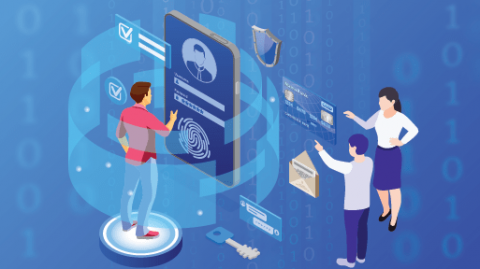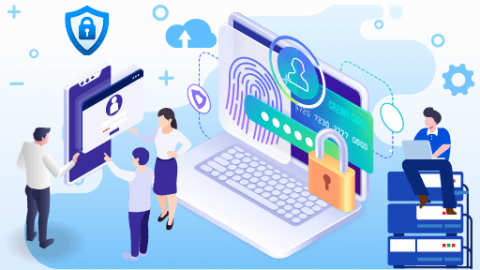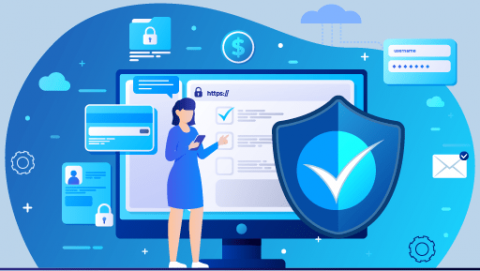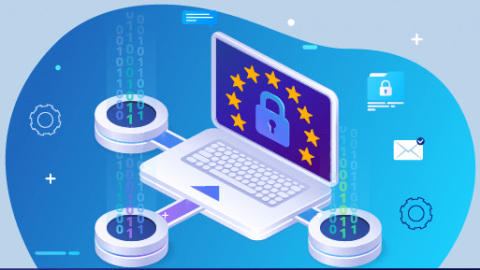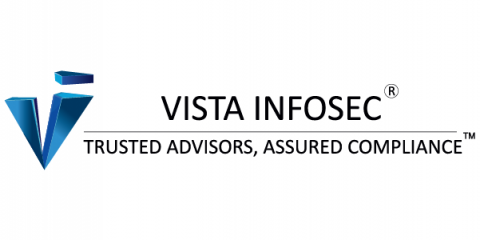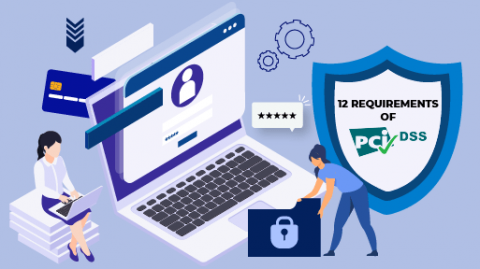How to Protect Yourself and Detect Credit Card Fraud?
Most companies are unconcerned about credit card theft until it happens to them. If you sell online or by e-mail, your company is more likely to go bankrupt owing to fraudulent credit card orders. Given the increased reliance on plastic money, credit card theft is extremely damaging. Even consumers, fail to take basic precautions to avoid credit card theft.


